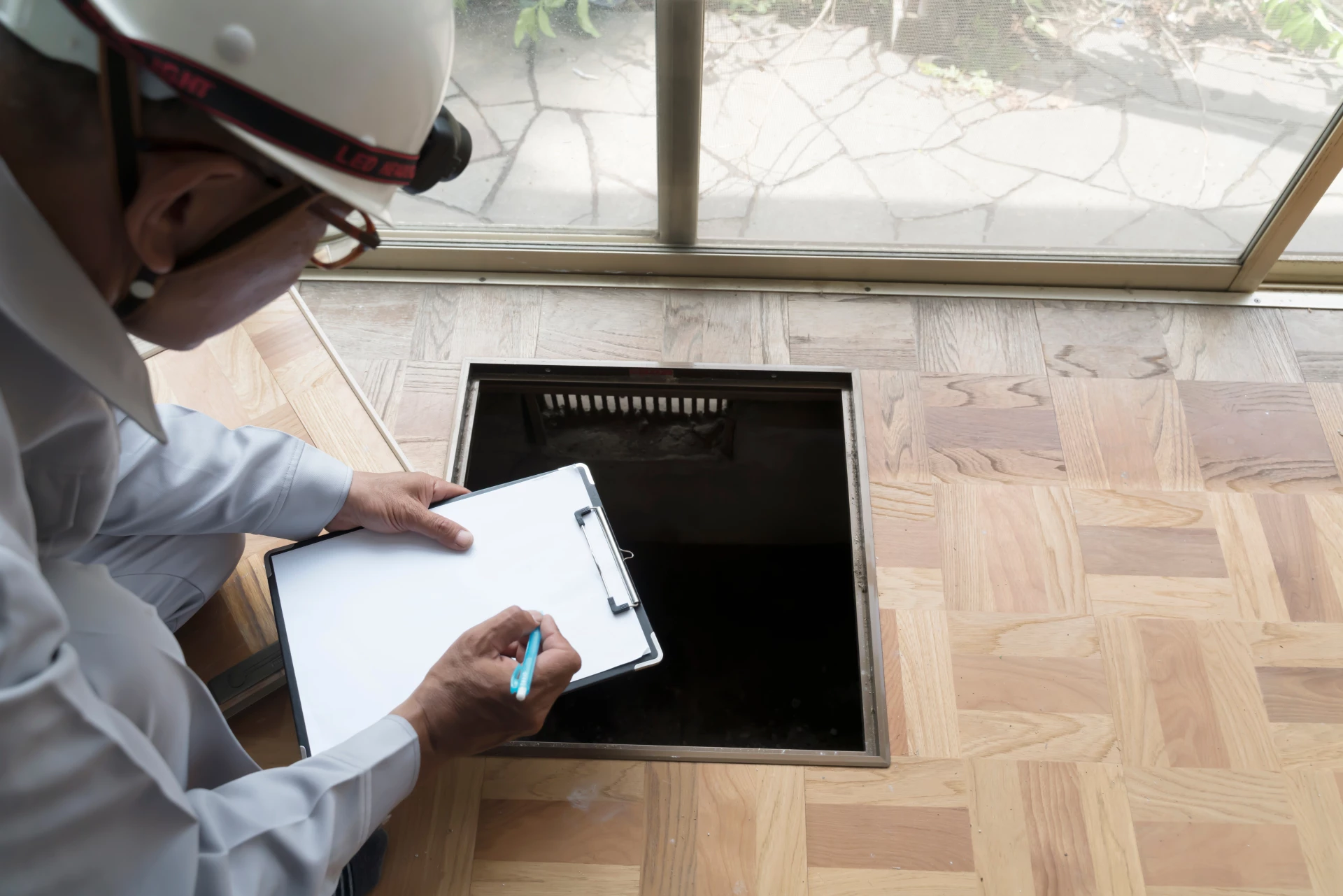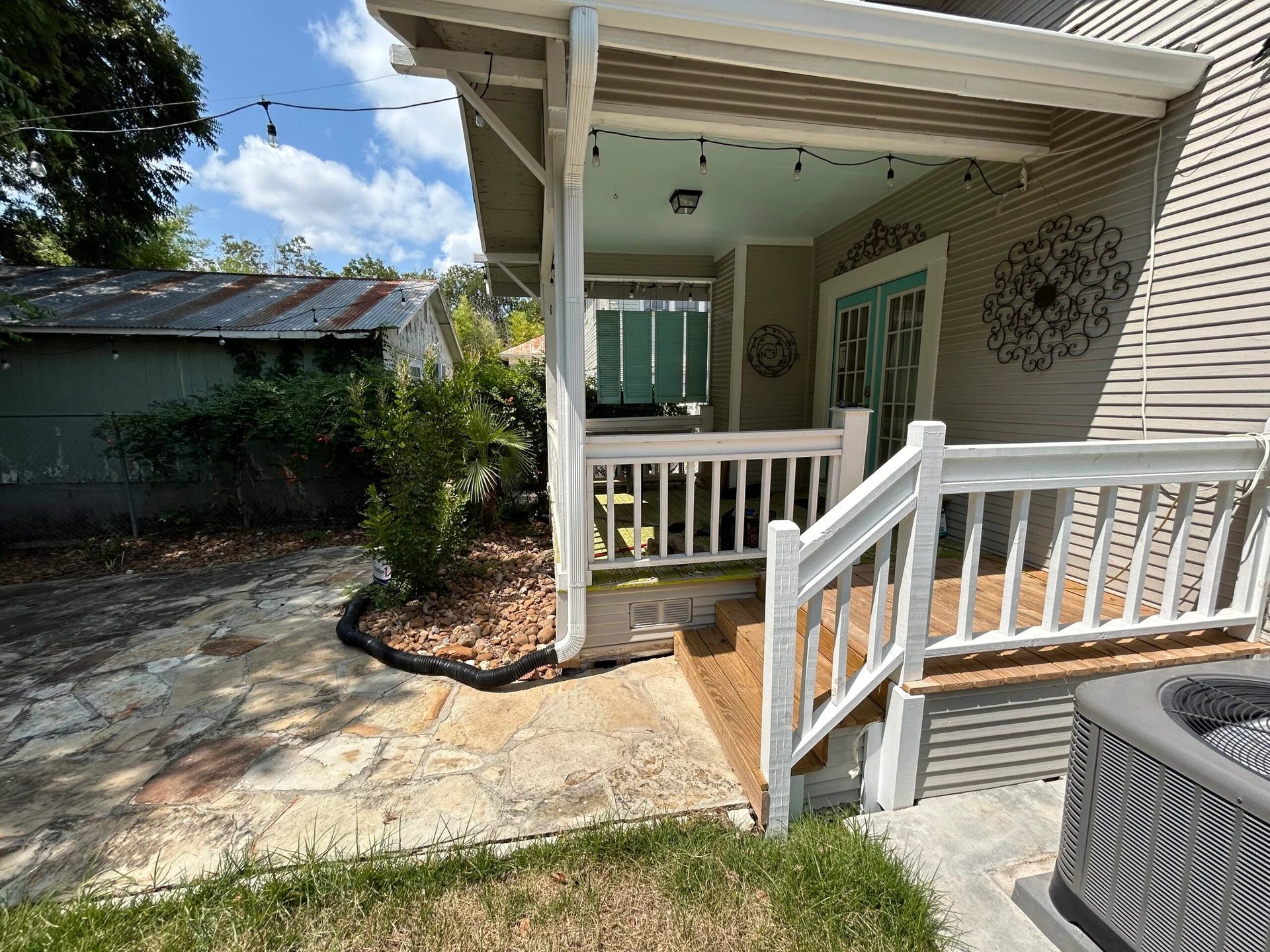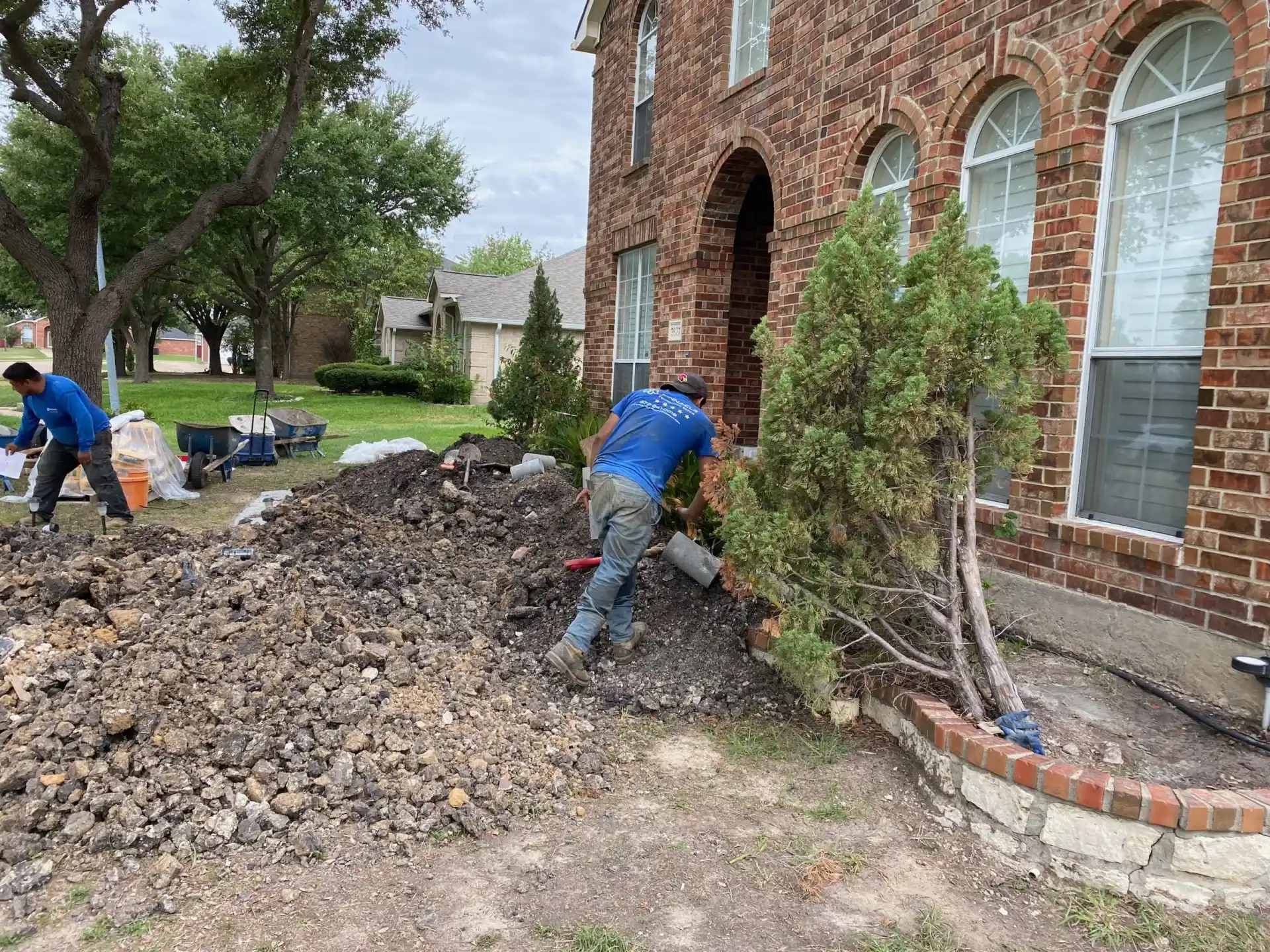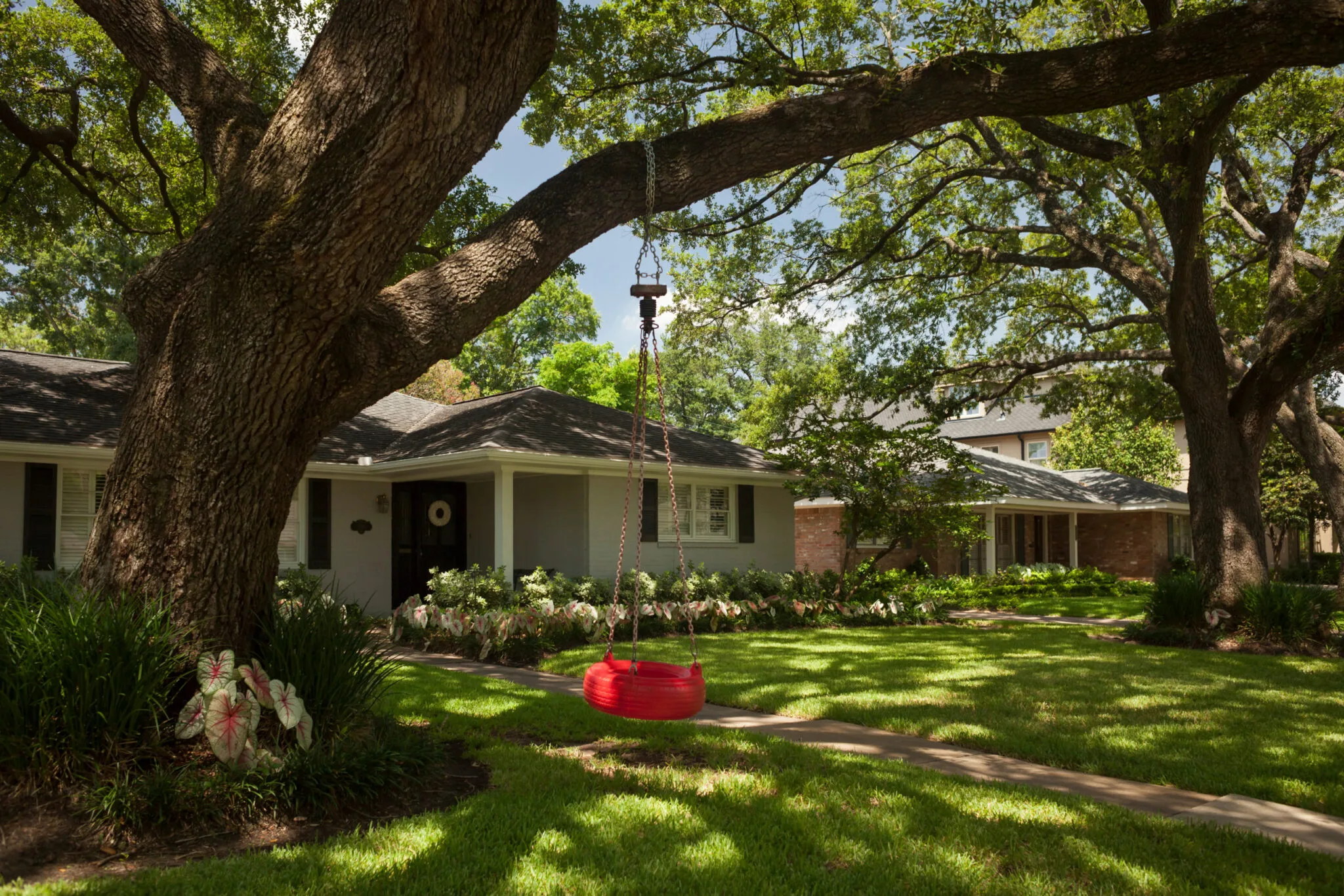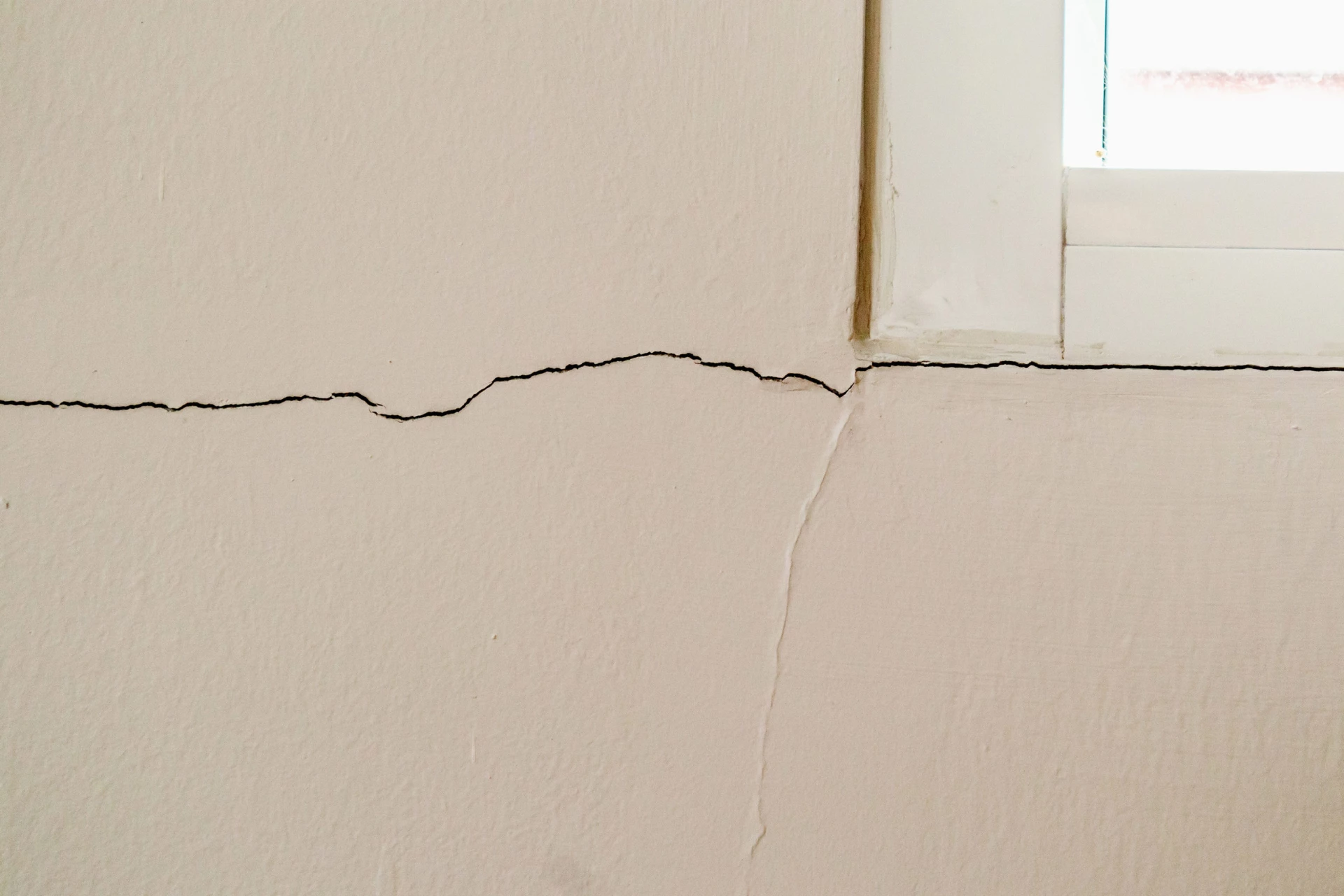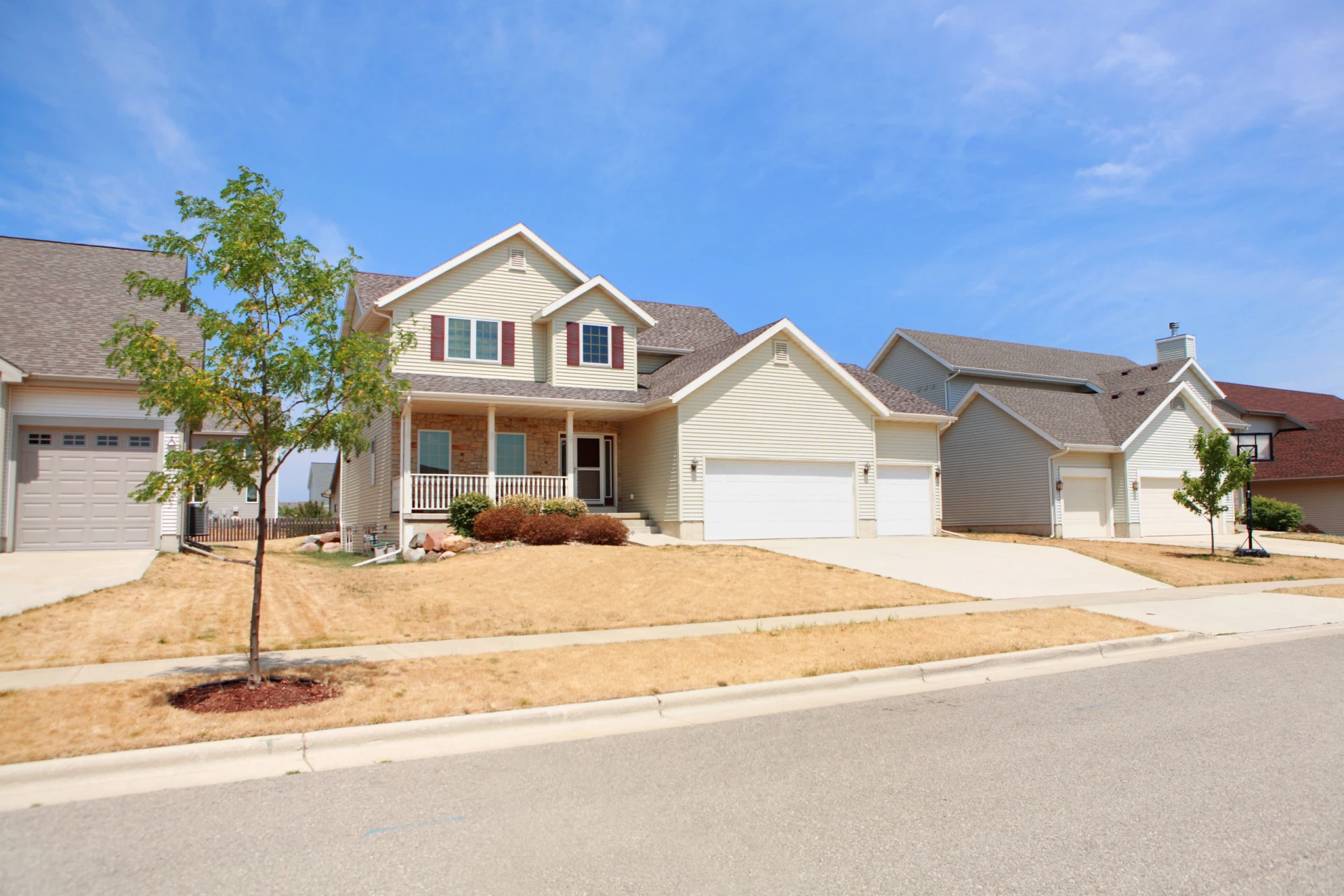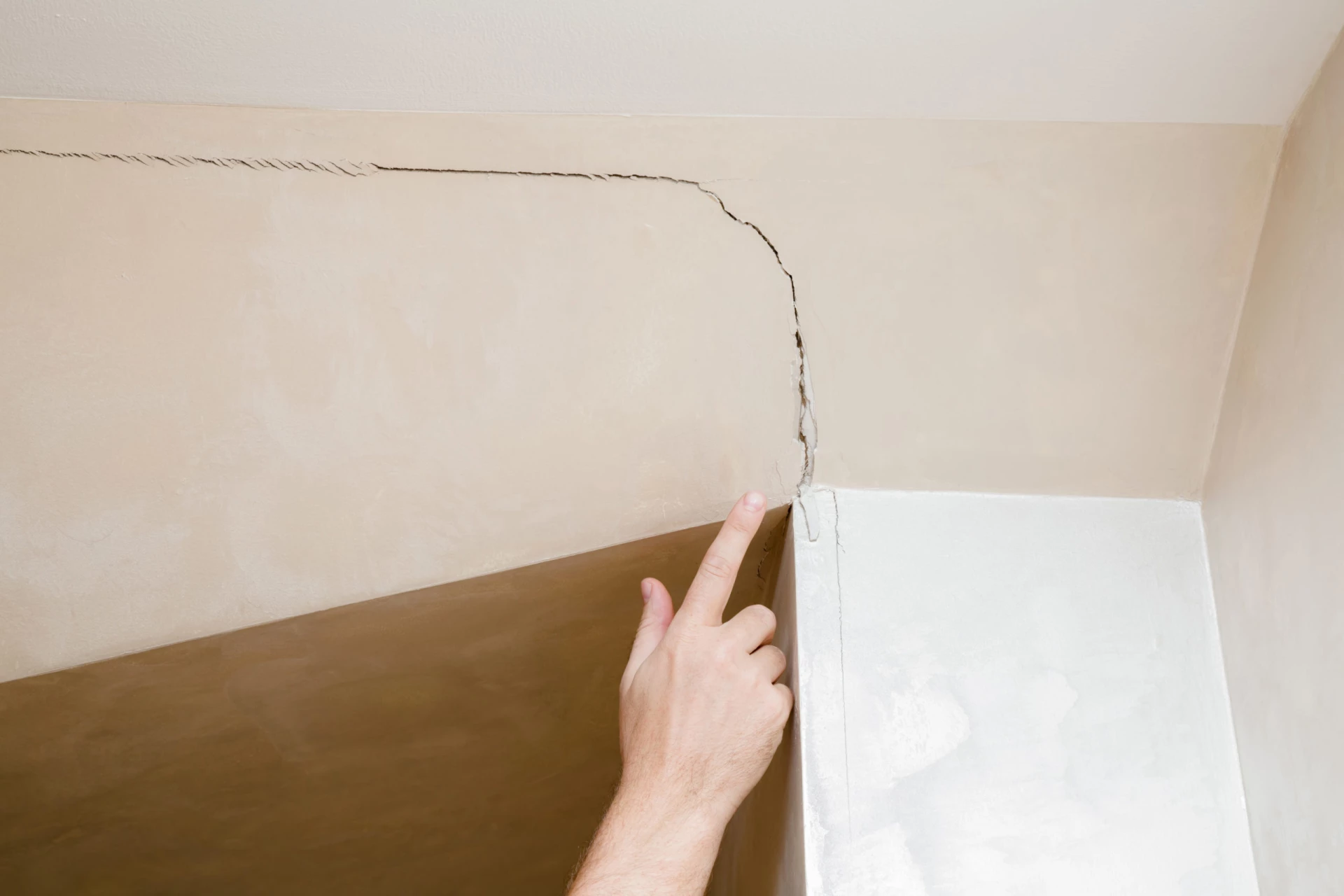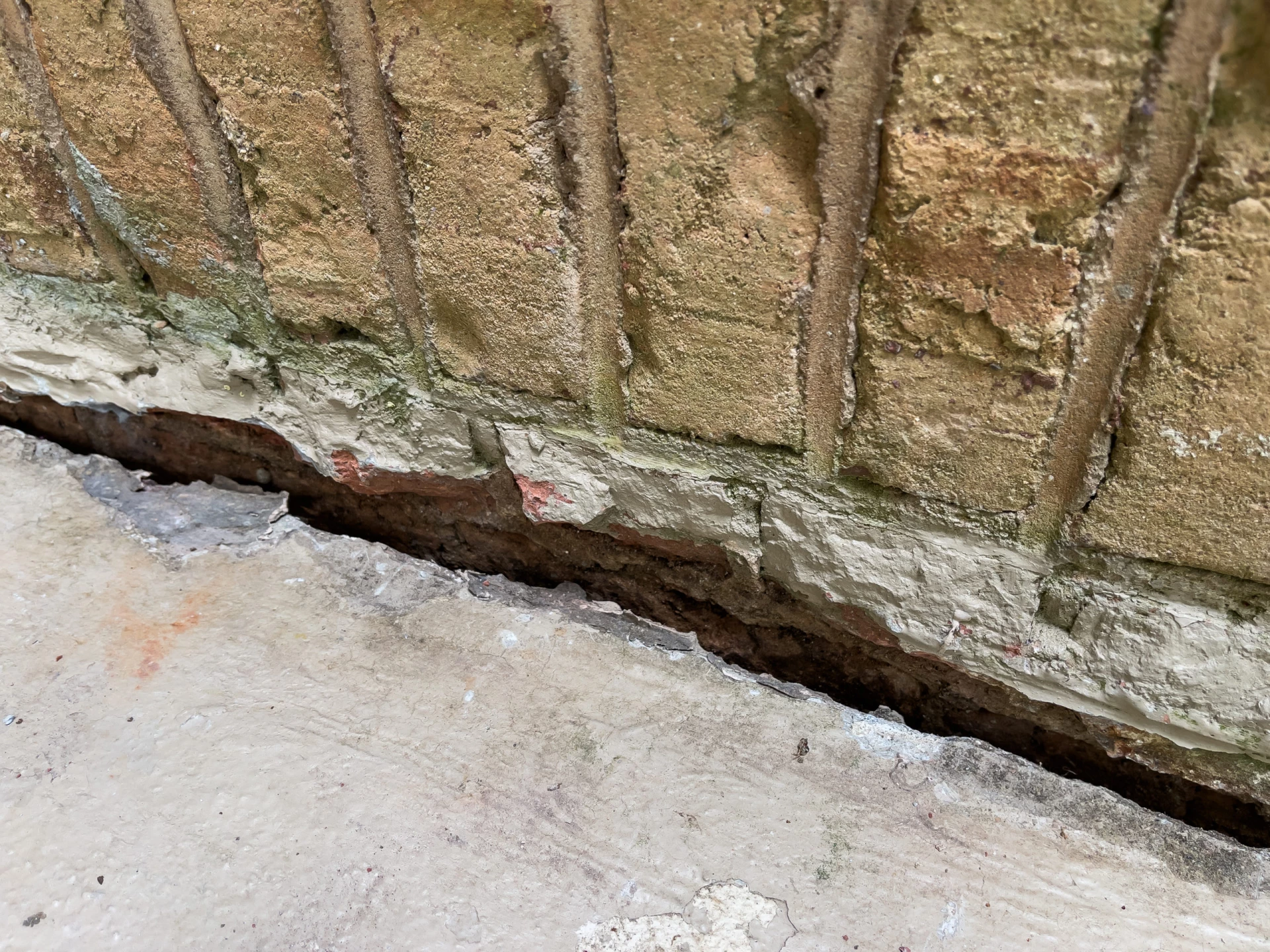Your home’s foundation is the most important part of its structure. However, an alarming number of homeowners don’t properly maintain their homes’ foundations, leading to expensive repairs.
A lack of foundation maintenance isn’t necessarily due to intentional neglect. Most homeowners don’t know there are things they can do to help prevent foundation problems. With the correct information in your hands, you can protect and keep your foundation in good shape for a long time.
Taking proper care of your foundation is essential to the longevity of your home. By taking preventative measures, you can help keep your foundation in good shape for years to come and avoid expensive repairs down the road.
If you think you may already have a problem with your foundation, get it checked out immediately. Unfortunately, many people don’t think about their foundation until problems have already occurred. The sooner you address the issue, the easier and more affordable the fix.
Preventative Measures That Can Help Protect Your Foundation
Regularly Inspect Your Home
Walk around your foundation every couple of months (especially during the summer months) to look for any signs of damage. Foundation issues must be fixed as soon as possible to prevent long term structural damage to your property. If you catch these problems early, you can often avoid serious and expensive repairs down the road.
Common issues to look for include:
Signs of Structural Issues
Pests
Trailing insects such as termites and ants can accelerate foundation deterioration. You can use an epoxy sealer to seal any small holes or hairline cracks you find on the foundation. If you do suspect termites, please call a pest control service immediately.
Drainage and Watering
Having proper drainage methods to control water around your home is the best way to prevent foundation repair. Every year, leaky plumbing, poor drainage, and encroaching root systems damage many foundations across Texas. By regularly maintaining your property, you can ensure that your foundation stays stable and avoid repair for longer.
Ground Sloping
Make sure the ground slopes away from your home, as water is one of the biggest enemies of your home’s foundation. When water pools around your foundation, it can seep into cracks and cause serious damage. You must have a minimum of a five-degree slope to prevent water from pooling. Damage to your foundation could be detrimental and costly, but with the right slope, this is far less likely to occur.
Maintain Your Drainage
Poor drainage around your home can lead to excess moisture build-up in the soil, causing unstable earth and damaged wood or concrete foundations. Ensure your home has proper drainage methods to control the water surrounding your home during the wetter months of the year.
Gutters and surface drainage are an excellent way to maintain drainage, but French drainage systems are even better. Specifically built to filter water away from foundations. French drains are formed of trenches containing gravel, rock, or a pipe with perforations that redirect ground or surface water away from your property’s foundations.
Watering During Extreme Heat
Wondering why you should water your foundation during warmer months if water can damage foundations? Interestingly, watering your foundation during extreme heat can actually help to protect it. When the ground around your foundation dries out, it can start to sink. This can cause your foundation to settle and crack.
Watering the soil around your foundation during periods of extreme heat can help prevent foundation issues. Ensure you water your lawn evenly during dry spells for adequate moisture balance on all sides of your foundation. If you use sprinklers, ensure they spread evenly and don’t form pools of water.
Gutter and Downspout Maintenance
Keeping an eye on your gutters and downspouts helps ensure they don’t get clogged or damaged. When your gutters or downspouts are in bad condition, water can overflow and accumulate near your foundation, exacerbating soil issues and increasing the risk of foundation damage.
To save yourself from a costly foundation repair, clean out the gutters and ensure your downspouts are effectively moving water away from your home. Ideally, gutters and downspouts should direct water at least 3-4 feet away from your foundation.
Landscaping
Foliage Maintenance
Foliage around your home can also damage your foundation. Allowing foliage and vines to grow up close to or on your home can lead to moisture issues and foundation damage. Trim the foliage around your home to help improve the airflow around the structure and prevent moisture build-up around the foundation.
When watering plants near your home’s foundation, avoid the soil contracting by using a drip irrigation system or a soaker hose to maintain soil integrity. Drip irrigation is made up of plastic tubing with tiny holes that allow water to drip into the soil across the pipe’s length, and soaker hoses perform in the same way. The spaced-out holes allow water to be absorbed across the ground rather than pool in one location.
If you’re thinking of putting trees in your garden, make sure the trees are the canopy’s width away from your foundations. Research the canopy width of the fully grown tree species if you are planting a sapling. If you are trying to cut back existing trees with extensive root systems, consult an arborist for advice on removing the tree roots before you go ahead and clear them. The whole tree may die if certain roots are removed. And dead tree roots can still cause an issue as they can destabilize soil and create cracks in concrete foundations.
When roots grow near foundations, they destabilize the surrounding soil by pulling water away from the earth and back to the tree, causing the ground to contract and become unstable. To avoid the soil becoming arid, make sure that you plant locally native species and have natural landscaping to ensure the water is naturally retained in the ground. Any shrubs or plant life, in addition to trees, have the potential to damage your foundations.
Install A Root Barrier
Aggressive root systems are known to soak up moisture, causing shrinkage and a shift in the foundation. What’s more, the roots can penetrate through the foundation, damaging and compromising your safety. Most mature trees’ roots extend 2-3 times the radius of the canopy, but in dry conditions, this can be up to 5x.
If you already have a large tree in your yard and can’t remove it, installing a root barrier can help keep aggressive roots from growing toward your house.
A root barrier will stop roots from growing into unwanted areas, like your foundations, driveway, or even underneath the sidewalk. Root barriers exist in either metal, hard plastic, or nylon fabric. They are particularly useful for expansive clay soil, as this soil is particularly susceptible to expansion and contraction depending on the weather conditions.
Avoid using chemical root barriers to prevent root growth near foundations, as this will kill the roots, leaving them dead in the soil, and may destroy the entire tree. Consult an arborist if you’re uncertain about the best root barrier to use, or if you’re concerned about damaging the tree.
Schedule Regular Inspections
In addition to performing regular foundation maintenance tips yourself, we highly recommend you arrange for professional inspections of your foundation at least once every few years, or more frequently if you live in an area with soil instability or a history of foundation problems.
The Unseen Threats to Your Home’s Foundation
As we’ve discussed, some causes of foundation damage can be easy to spot yourself, such as large cracks on your home’s exterior, or poorly functioning gutters that allow water to collect in areas too close to the house. It’s also no surprise to most home or business owners that the extreme Texas heat can cause structural problems through changes in the soil.
But what about some of the other culprits operating out of sight that can cause severe damage to your foundation before they become noticeable?
Those Beautiful Shade Trees and Potential Foundation Damage
When the Texas sun is high, the shade from the beautiful trees around your home is a welcome break and can help you keep your house cool. They seem a safe distance from the foundation, but the extent of root growth may surprise you. Most mature trees’ roots extend 2-3 times the radius of the canopy, but in dry conditions, this can be up to 5x.
So, in the dry Texas heat, it might not hurt to do a little calculating and see if those roots could be making their way to your foundation and causing unseen damage. A professional inspection could give you peace of mind if you find your favorite tree may be too close to your structure.
Your Refreshing Swimming Pool
Like the lovely shade trees that surround your home, your backyard or even indoor pool is another wonderful summer escape from the blistering heat. Though water is essential to life and the enjoyment of a swimming pool is awesome, it’s no secret that poor drainage from your pool could lead to water damaging your foundation.
With state-of-the-art tools of the trade like ground penetrating radar, professional inspectors can detect problems before they are apparent to homeowners.
Unseen Leaks and Plumbing Problems
Water from underground pipes and drains doesn’t always appear on the surface and can remain undetected for a long time. The first indicator that you should not take lightly is your property’s water meter.
Don’t just pass off a higher reading to extra usage. Take time to regularly check for signs of damage in areas where plumbing is located and address problems immediately. What may seem like a small issue now can escalate quickly and get very costly. Also, be aware of any signs of leaks on adjacent properties that could allow water to find its way to your building’s foundation.
Leaky plumbing can cause water to seep into the soil, leading to excessive moisture, which can expand and cause cracks in concrete foundation slabs. Moisture may also seep into the walls of your crawlspace, leading to flooding, dampness, wood rot, dry rot, and sagging. Prevent this by getting annual hydrostatic and pressure tests on your plumbing from a licensed plumber to ensure no leaks exist. As a bonus, you can also avoid damage to your home’s interior and stop the costs of additional water bills after the issue is fixed.
Sub-Standard Construction
We don’t like to think the worst of people, but unscrupulous contractors often cut corners on the quality of concrete and the labor involved to make extra money on a project.
Set a regular schedule to do a quick inspection for the key signs that you may have foundation damage. Catch them early and schedule a professional inspection before further damage turns into more costs.
What to do if Your Foundation is Already Damaged
If you suspect your home’s foundation is already damaged or might need repairing, contact Pinnacle Foundation Repair for radically honest advice on how to fix the problem. We’re experts in all types of foundations, from cut and fill to pier and beam and concrete slab structures.
For industry-leading advice on how to maintain the structural integrity of your property, schedule your free inspection today to check the state of your foundation!

